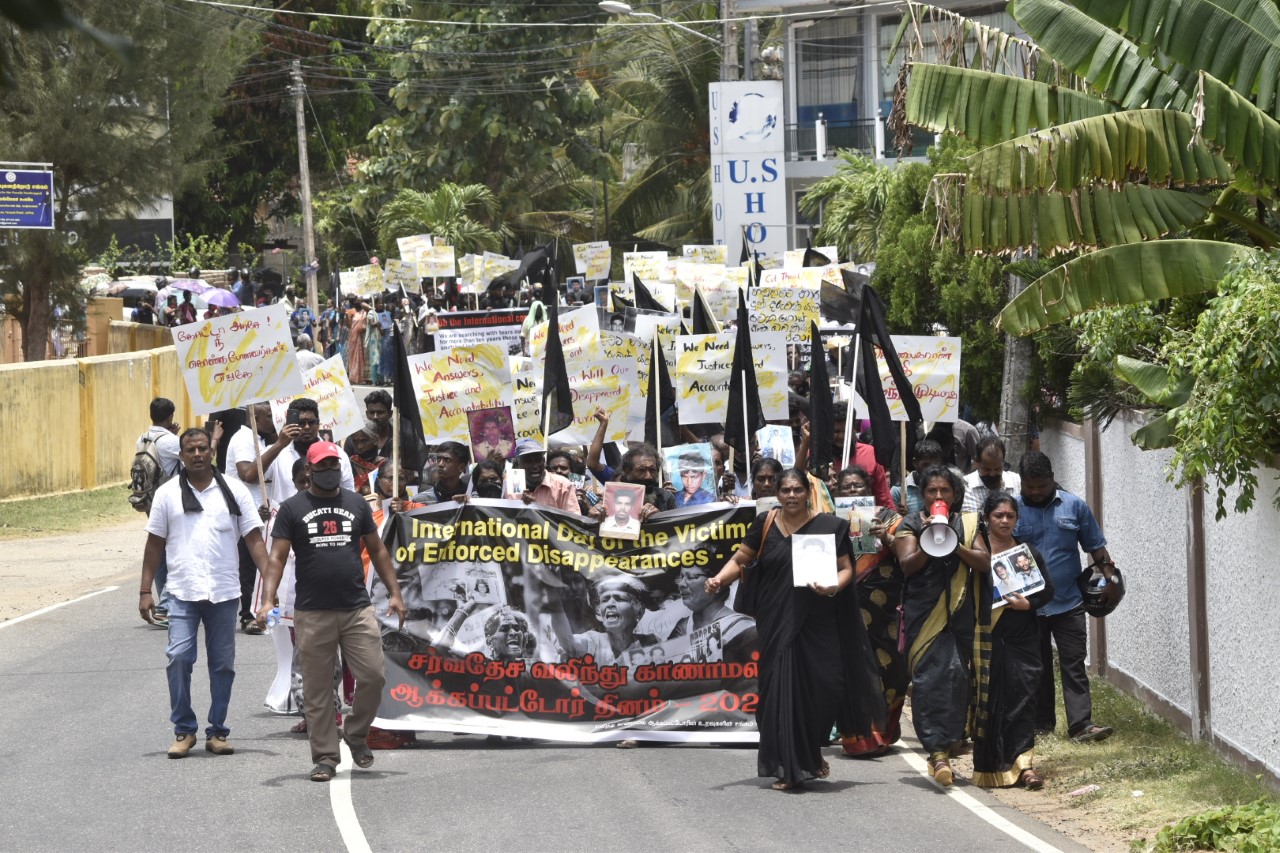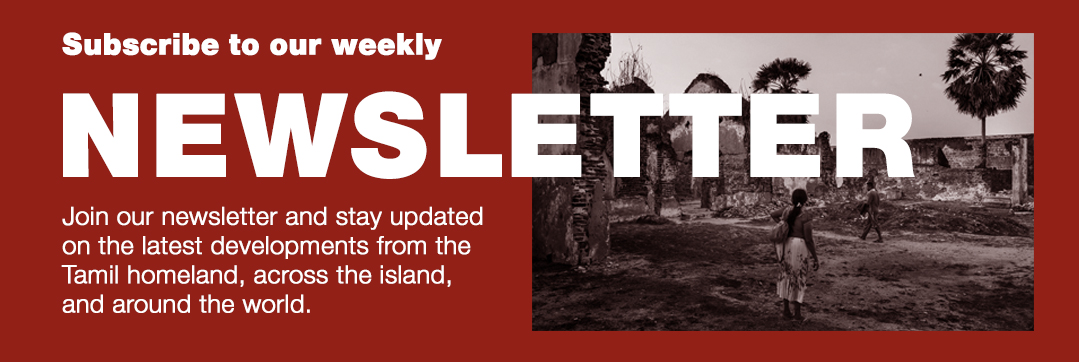
In the aftermath of Sri Lanka’s 2020 parliamentary election, the Rajapaksa regime was able to solidify its control over the country and effectively gain a two-thirds majority. There was never any misconception over what accused war criminal Sri Lankan president Gotabaya Rajapaksa had envisioned for the state, and within weeks, his newly appointed cabinet swiftly drafted a new 20th Amendment to the constitution. If approved, which seems likely, his office will be granted sweeping powers that in effect solidifies the executive presidency and remove a series of checks and balances.
Whilst the regime looks to tighten its authoritarian grip across the state, in the North-East the Tamil struggle for justice and accountability defiantly continued. As Dr Madura Rasaratnam and Mario Arulthas noted this week, the “main channels of post-war Tamil mobilisation for accountability and justice have been through an alliance of grass-roots organisations in the North-East and the Tamil diaspora”. The devotion of the Tamil people to their loved ones has been shown through their continued protest across the North-East as they demand to know the fate of their relatives who were forcibly disappeared. This protest has continued for over 1,289 days during which many of the relatives of the disappeared have passed away, never knowing what happened to their loved ones. Since the 1980s till the end of the armed conflict in 2009, conservative estimates state 60,000 – 100,000 people were forcibly disappeared, many of whom were last seen in military custody.
According to the International Truth and Justice Project (ITJP), Tamil activists have been "abducted, tortured and raped because of their involvement in the search for the truth about the disappeared in Sri Lanka".
"In detention they experienced brutal torture at the hands of the security forces, such as whipping of the soles of the feet, blows to sexual organs, cigarette burns, branding with a heated metal rod, water torture, asphyxiation, suspension in stress positions, mock executions and death threats, as well as rape, including gang rape," the ITJP press release stated.
Despite this, Tamils across the North-East continue to march and to demand accountability on behalf of their loved ones. They are joined by an international Tamil diaspora who have similarly not forgotten the trauma inflicted upon the Tamil people and continue to act in solidarity.
As the regime in Colombo continues to slide into a more militarised and more autocratic ethnocracy, Tamil voices in the homeland and around the world have shown they will not remain quiet. They must be protected.
Viruben Nandakumar, Staff Writer
_____
For more regular updates, sign up to our newsletter below.
____

